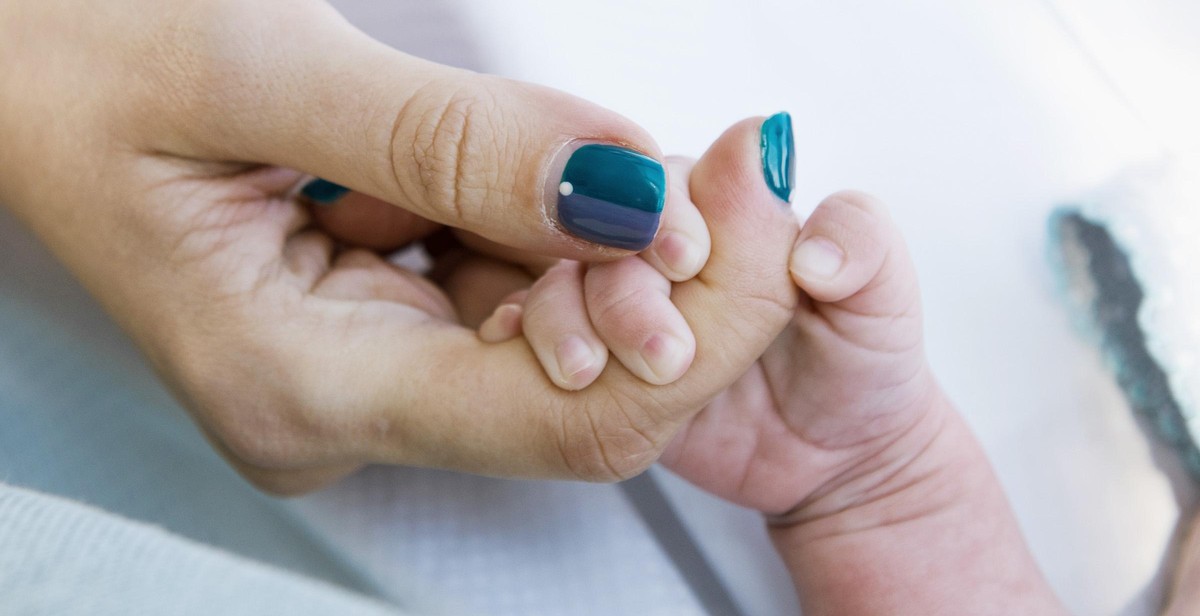Why Family Dynamics Matter for Your Love Life
Family dynamics play a significant role in shaping our personalities, beliefs, and behaviors, which can ultimately impact our love lives. Our family experiences, both positive and negative, can shape our expectations and attitudes towards relationships, communication, and conflict resolution.
Research has shown that individuals who come from families with healthy and positive dynamics, such as open communication, mutual respect, and support, tend to have more successful and fulfilling relationships. On the other hand, those who come from families with dysfunctional dynamics, such as conflict avoidance, emotional neglect, or abuse, may struggle with intimacy, trust, and vulnerability in their romantic relationships.
Moreover, family dynamics can also influence our partner selection and attachment styles. For instance, individuals who grew up with a secure attachment style, where their emotional needs were consistently met, tend to seek partners who can provide them with the same level of emotional security and support. Conversely, those who grew up with an insecure attachment style may struggle with forming and maintaining healthy relationships.
In this article, we will explore the impact of family dynamics on your love life in more detail, and provide insights and tips on how to overcome any negative effects and build healthier relationships.

How Family Dynamics Affect Your Love Life
Family dynamics are the patterns of interactions and relationships between family members. These dynamics shape our beliefs, values, and behaviors, and they can have a significant impact on our love lives. Understanding how family dynamics affect our romantic relationships can help us build healthier and stronger connections with our partners.
Attachment Styles and Relationships
Attachment styles are the patterns of behavior and emotions that we develop as children in response to our caregivers’ behaviors. These styles can influence our romantic relationships, affecting our ability to form secure connections with our partners.
If you grew up in a family where your caregivers were consistently responsive and attentive to your needs, you may have developed a secure attachment style. This style is associated with healthy relationships, where partners feel comfortable expressing their emotions and relying on each other for support.
On the other hand, if your caregivers were inconsistent or neglectful, you may have developed an anxious attachment style. This style can lead to clinginess and fear of abandonment in romantic relationships.
If you grew up in a family where your caregivers were overly controlling or intrusive, you may have developed an avoidant attachment style. This style can cause you to avoid emotional intimacy and feel uncomfortable with relying on others.
Communication Skills
Communication is a crucial aspect of any healthy relationship, and our family dynamics can affect how we communicate with our partners. If you grew up in a family where open communication was encouraged, you may have developed strong communication skills that can help you navigate conflict and express your needs effectively.
However, if you grew up in a family where communication was limited or avoided, you may struggle with expressing your emotions and needs in your romantic relationships. This can lead to misunderstandings and unmet needs, which can strain the relationship.
Trust and Intimacy
Trust and intimacy are essential components of any healthy relationship, and our family dynamics can affect how we develop and maintain these aspects with our partners. If you grew up in a family where trust was consistently broken, you may struggle with trusting your partner and developing intimacy in your relationship.
Similarly, if you grew up in a family where emotional intimacy was not encouraged or valued, you may find it challenging to develop emotional closeness with your partner. This can lead to feelings of loneliness and dissatisfaction in the relationship.
Conclusion
Overall, our family dynamics can have a significant impact on our love lives. Understanding how our attachment styles, communication skills, and trust and intimacy issues are influenced by our family can help us build healthier and more fulfilling relationships with our partners.
Breaking the Cycle
Identifying unhealthy family dynamics is the first step to breaking the cycle. It is important to recognize the patterns and behaviors that have been passed down from generation to generation. This awareness can help individuals understand their own behaviors and make conscious efforts to change them.
Setting Boundaries
Setting boundaries is crucial in breaking the cycle of unhealthy family dynamics. It is important to establish clear and healthy boundaries with family members, especially those who exhibit toxic behavior. This can include limiting contact or ending relationships altogether if necessary. It is also important to communicate these boundaries clearly and consistently.
Boundaries can also be set within oneself, such as identifying and changing negative thought patterns or behaviors that have been learned from the family dynamic. This can include seeking therapy or counseling to work through these issues.
Seeking Professional Help
Seeking professional help is often necessary in breaking the cycle of unhealthy family dynamics. This can include therapy or counseling to work through past traumas and learn healthy coping mechanisms. It can also include family therapy, where all members of the family can work together to address and change the unhealthy dynamic.
It is important to find a therapist or counselor who is experienced in working with family dynamics and understands the impact they can have on relationships. It may take time and effort to find the right professional, but the benefits of breaking the cycle and creating healthy relationships are worth it.
Conclusion
Breaking the cycle of unhealthy family dynamics is not an easy task, but it is necessary for creating healthy relationships. By identifying unhealthy patterns, setting boundaries, and seeking professional help, individuals can break free from the negative impact of their family dynamic and create a positive future for themselves and their loved ones.

Conclusion
The impact of family dynamics on your love life cannot be overlooked. The relationships and experiences you have with your family members can shape the way you view and navigate romantic relationships. It is important to be aware of how your family history and dynamics may be influencing your love life and to take steps to address any negative patterns or behaviors that may have developed.
If you find that you are struggling in your romantic relationships, take some time to reflect on your family history and dynamics. Consider seeking the help of a therapist or counselor who can help you work through any unresolved issues or traumas from your past. Additionally, make an effort to communicate openly and honestly with your partner about your feelings and any concerns you may have.
Remember that everyone has their own unique family history and dynamics, and there is no right or wrong way to navigate them. The key is to be aware of how they may be impacting your love life and to take proactive steps to address any issues that may arise.
| 1. | Family dynamics can have a significant impact on your love life. |
| 2. | It is important to be aware of how your family history and dynamics may be influencing your romantic relationships. |
| 3. | Seeking the help of a therapist or counselor can be beneficial in working through any unresolved issues or traumas from your past. |
| 4. | Open and honest communication with your partner is key in navigating any potential challenges that may arise. |
